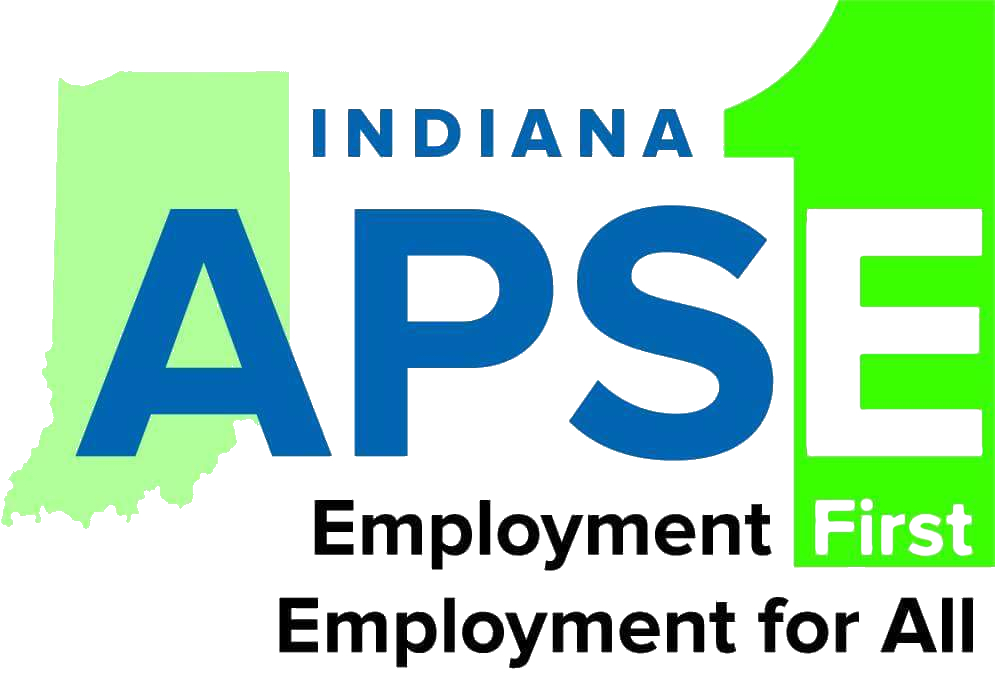Tried and True Transition Tips
As a young professional on the autism spectrum, I know firsthand the difficulties that are faced during the process of transition into adulthood with a disability in this day and age. Here are some tips for individuals at all steps of their journey that have proved useful to me as well as my friends in similar situations.
1) HAVE A GREAT SUPPORT NETWORK
Your transition will be easier and more successful with a great support team in place. If you have a supportive family, friends, or employment/transition professionals in your life, then you're one step ahead. If your current network isn't the best, consider reaching out to local organizations or support groups to meet people who will help you become your best.
2) INVEST IN ACTIVITIES THAT ELEVATE YOU
Being well-rounded is just as important beyond school as it is when you’re a student, so if you aren’t already, get involved with a couple of activities or clubs. The possibilities here are endless- so long as it’s something that you find uplifting, builds onto your skills, and keeps you from staring at electronic screens all day. Outside pursuits also look great on college applications and resumes, especially volunteer work and anything involving leadership.
3) BE OPEN TO CHANGE
As you go through life, you’ll encounter new ideas, opportunities, and perspectives that can lead you in a number of directions. Therefore, don’t be too specific when developing a five-year plan or list of career goals. Things will very likely change in one way or another over time- and that’s okay.
4) MANAGE YOUR TIME
Spoiler alert- you won’t magically become more productive once you get a job or finish school, so it’s best to start working on this now. Stay on top of your work and chores, curb any procrastination habits, and keep a running to-do list. I’m definitely glad I worked in this as a student now that I have a home, career, and social life to manage.
5) WORK ON YOUR WEAKNESSES
Everyone likes working on their strengths, but many underestimate the importance of working on weaknesses. Whether it’s stubbornness, trying new things, or poor impulse control, make a conscious effort to be better in these areas. It probably won’t end up becoming a strength, but having more control over it will help you feel more calm and confident when a tough situation arises.
6) FIND A MENTOR
Having the guidance of someone who is more established in the workforce can help a great deal during your transition. It’s definitely a bonus if they also have a disability and/or the career you’re aspiring to have, but I don’t think having either thing in common is mandatory. Just be sure your mentor inspires you, treats you respectfully, and is open to advising you on your journey.
7) BE REALISTIC WITH ACCOMMODATIONS
If you need extra help in a certain area, be honest with yourself and others about it. You can always remove certain accommodations later if you find you’re doing well without them, but especially when you’re getting started, it’s better to be safe than sorry. There’s nothing wrong with needing extra help, period.
8) ENJOY THE RIDE
When working hard towards a goal, many people forget to just be present in the moment and make the best of their current situation. As stressful as it can be, the transition is a time when you learn more about who you are and can hold some fond memories once you enter the workforce. Work hard and never give up, but don’t forget to sit back and just take life as it comes.
Written by Natalie Miller
Paralegal, Court 15
Marion County Prosecutor’s Office
INAPSE Board Member
